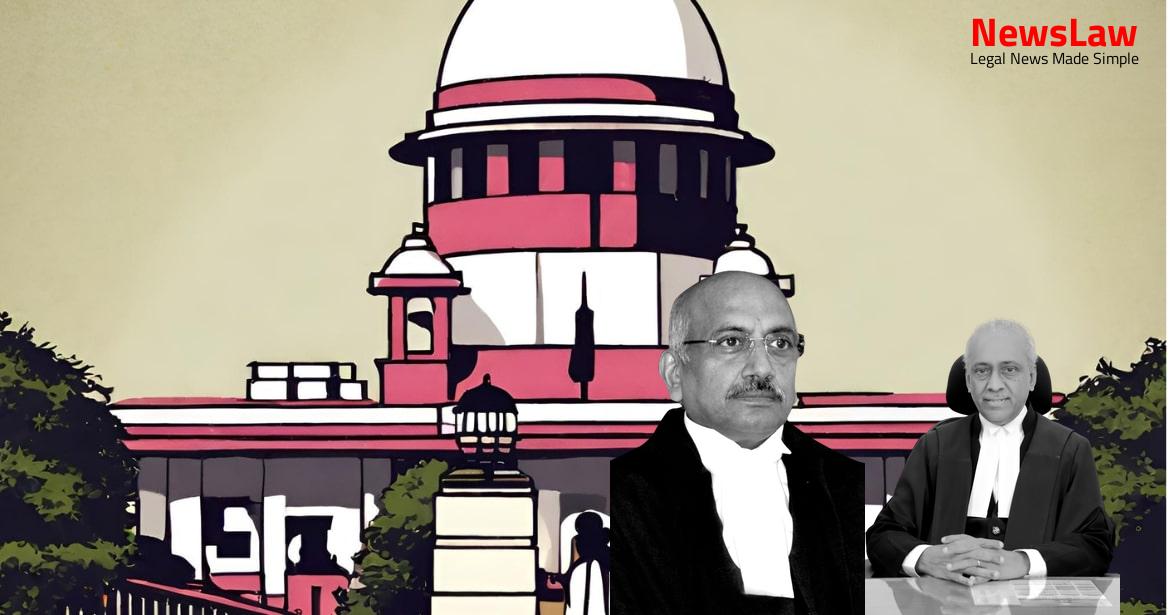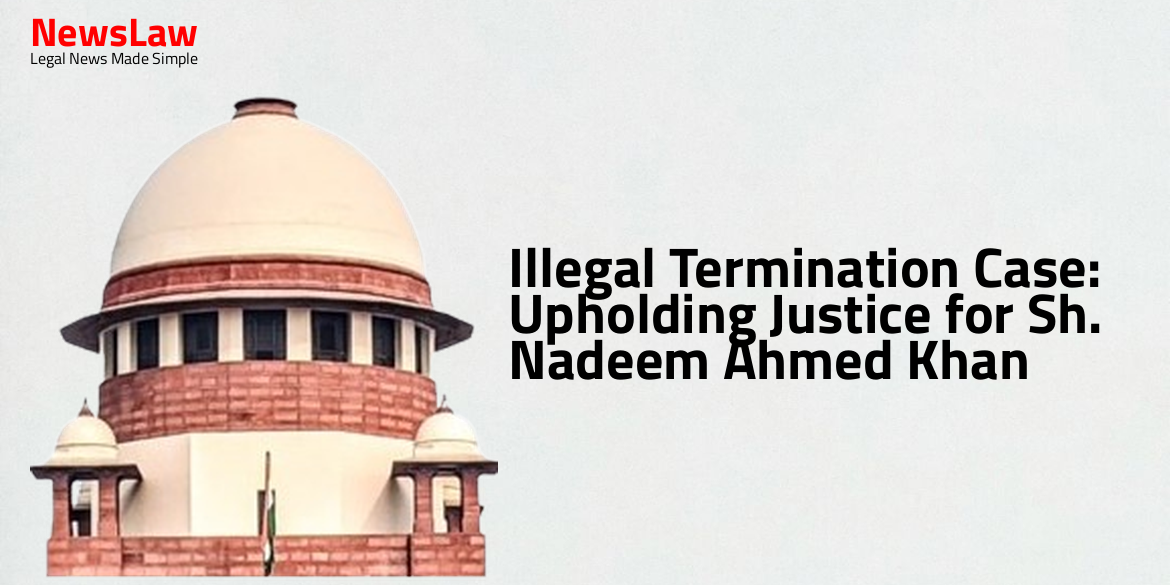The High Court of Judicature of Rajasthan recently carried out a detailed legal analysis regarding the declaration of a Municipal Board in a notable case. The court’s focus was primarily on the constitutional aspects, specifically exploring the application of Article 243Q of the Constitution. Through this analysis, the court provided valuable insights into legislative functions and the imperative of aligning with constitutional provisions. This blog post sheds light on the court’s meticulous examination, emphasizing the significance of legal clarity and adherence to constitutional mandates.
Facts
- The High Court of Judicature of Rajasthan set aside a notification declaring Gram Panchayat Roopbas as a Municipal Board.
- The notification dated 12.8.2014 was challenged in the appeal.
- The order passed on 28.4.2015 by the High Court was the subject of the present appeal.
- The High Court determined that no public notification designating Gram Panchayat Roopbas as a ‘transitional area’ was presented.
- In the absence of such notification as required by Article 243Q(2) of the Constitution of India, the area could not be declared a Municipal Board.
Also Read: Landmark Judgment on Compensation for Fatal Accident
Arguments
- Ms. Yadav, counsel for the respondents, did not dispute that the notification issued under Section 5 is a legislative function.
- She argued that there must first be a notification under Article 243Q of the Constitution before the Government can issue a notification constituting a Municipal Board under Section 5.
- Dr. Manish Singhvi, representing the State, cited cases to support that the power to declare Municipal Boards or Municipalities is a legislative function done through a notification on behalf of the Governor.
- He emphasized that the notification by the Governor is essentially issued by the State Government.
- Section 5 of the Municipalities Act is consistent with Article 243Q of the Constitution as per the arguments presented.
Also Read: Land Acquisition Compensation Analysis
Analysis
- The Constitution (Seventy-Fourth Amendment) Act, 1992 introduced Part IXA in the Constitution.
- Part IXA came into force on 20.4.1993.
- Article 243ZF of the Constitution specified that any existing law related to Municipalities in a State that is inconsistent with Part IXA would remain in force until amended or repealed by a competent authority or until one year from the commencement of the Amendment Act.
- The State Government issued notifications to constitute an industrial township and exclude Panchayat areas.
- The notifications were issued in exercise of statutory powers conferred by the Legislature.
- The High Court erred in quashing the notifications.
- The State Government has the authority to categorize Municipalities based on factors like income, population, and local area importance.
- Notifications were issued in compliance with Part IXA of the Constitution.
- Part IXA gave constitutional status to Municipalities and mandated State legislatures to adopt Municipalities systems.
- States were obligated to amend laws to align with Part IXA of the Constitution.
- Notifications were not deemed arbitrary or unreasonable.
- The Pune Municipal Corporation case was cited to support the argument that Rules can be challenged on the grounds of being arbitrary or unreasonable.
- The High Court had struck down a notification amending Development Control Rules in a similar case.
- Section 36 of the Maharashtra Regional and Town Planning Act was viewed as the repository of legislative powers for amending Development Control Rules.
- 1.3
- 1.4
- 1.5
- The High Court struck down the notification under Article 243Q(2) for not being published.
- The reasoning for this decision was deemed as not tenable.
Also Read: Judicial Review of Search and Seizure Authorization
Decision
- The order of the High Court is deemed erroneous and unsustainable in law.
- As a result, the order is set aside and the writ petition is dismissed.
- Consequently, the appeal is allowed.
Case Title: THE STATE OF RAJASTHAN Vs. ASHOK KHETOLIYA AND ANR. (2022 INSC 289)
Case Number: C.A. No.-001814-001814 / 2022



